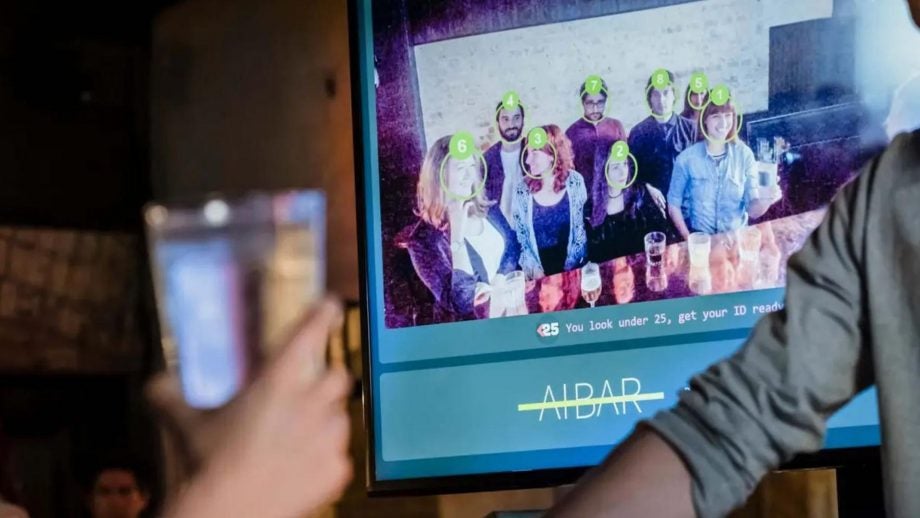Thwarting pub queue jumpers is the best argument for facial recognition

We’ve all experienced the feeling of being invisible at the bar on a Friday night when diligently awaiting liquid refreshment. Bartenders often favour prettier or unscrupulously rude patrons waving tenners about, despite you being in line for a relative eternity.
However, a solution to this thirst-enhancing annoyance might be on the way, courtesy of an unlikely ally; facial recognition technology. Trials are underway at a bar in London with the cameras noting the order in which pub-goers arrive at the bar. Staff can see the order on a monitor and pick out the rightful heir to service.
The AI Bar service, currently being trialled at Harrild & Sons bar, is proposed alongside an app that informs customers how long they can expect to wait before getting their drink.
Related: Best VPN
“Queuing is a part of British life that we all have to endure—but we wanted to do something to improve the experience,” John Wyllie, DataSparQ’s managing director said. “It’s the uncertainty of waiting times alongside queue jumpers that’s adversely affecting consumer behaviors in bars and pubs. The AI Bar ensures it’s a hassle free, first come, first served system that makes ordering drinks more convenient for both drinkers and bar staff alike.”
Interestingly the tech could also cut down on the amount of underage chances we have to navigate before being served. The facial recognition tech will identify patrons it deems to be under 25 and staff will be prompted to ID them. It’ll also prevent kick-offs among frustrated drinkers who’ve watched others get a bit chesty (in more ways than one) in order to receive preferential treatment at the bar.
“I shouldn’t have to get into a confrontation with strangers just to order a drink,” one customer informed the company (via Vice). “With this new technology, that’s something I never have to worry about again.”
Of course there are plenty of Black Mirror-esque privacy concerns with the Age ID system, as well as the overall AI Bar service. DataSparQ says all of the imagery is deleted, but we’ve heard that before from a number of companies.
However, if facial recognition is able to help us get served at the bar in the correct and proper order then we might be willing to overlook the police using it in nanny state tactics, or Facebook using it for whatever dastardly purposes we’ll probably find out about some point in the next year or two. Cheers!


